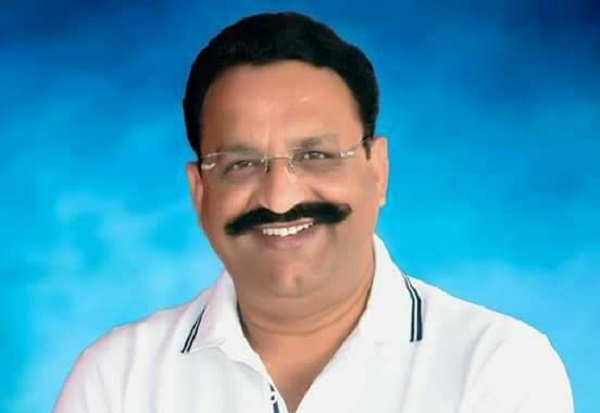New Delhi, (Samajweekly) The Supreme Court has said that courts cannot be helpless bystanders when the rule of law is being challenged with impunity, as it ordered transfer of gangster-turned-MLA Mukhtar Ansari from Punjab jail to an Uttar Pradesh jail.
A bench comprising Justices Ashok Bhushan and R Subhash Reddy said: “A convict or an undertrial prisoner, who disobeys the law of the land, cannot oppose his transfer from one prison to another, be a convict or an undertrial prisoner.”
The bench observed that UP police was denied Ansari’s custody 26 times, between February 14, 2019 to February 14, 2020, on trivial medical grounds by mentioning ordinary diseases like diabetes mellitus, skin allergy, hypertension, backache and throat infection.
The top court ordered shifting of Ansari from Rupnagar jail in Punjab to a prison in Banda district in Uttar Pradesh within two weeks.
Ansari has been lodged in district jail Rupnagar since January 2019 in connection with an alleged extortion case and hold told the court that he fears for his life in UP.
The Uttar Pradesh government had told the Supreme Court that the Punjab government was “shamelessly” protecting Ansari, and being handed back to UP government where more than 30 FIRs and more than 14 criminal trials including heinous crimes of murder and under Gangster Act are pending against him in various MP/MLA courts, where his personal appearance is sought.
The top court said: “In such situations, this Court can exercise power under Article 142 of the Constitution of India to order transfer of prisoner from one prison to another.
The arms of law are long enough to remedy the situation. If there are any medical ailments to the petitioner, every care shall be taken by the Jail Authorities.”
The bench observed while analysing the concept of fair trial as a facet of Article 21 of the Constitution, the top court had held that it covers interest of the accused, prosecution and the victim. “It is, further, held that victim may be a singular person who has suffered, but the injury suffered by singular is likely to affect the community interest”, observed the top court.
Punjab government had submitted before the court that Ansari can be tried through video conferencing, which was vehemently contested by UP government, which sought his personal appearance before the court in the state.
“It gives any amount of suspicion on the conduct of the 3rd Respondent (Ansari) in not even applying for grant of default bail, for not filing Final Report (Charge-sheet) by the Police, Police Station Mathaur, District Mohali, Punjab within the statutory period. Though, it is the case of the 3rd Respondent, opposing the relief sought for, on the ground that he is permitted to majority of the cases to appear by video conferencing, but the same, by itself, is no ground to oppose the relief sought for”, said the top court.










